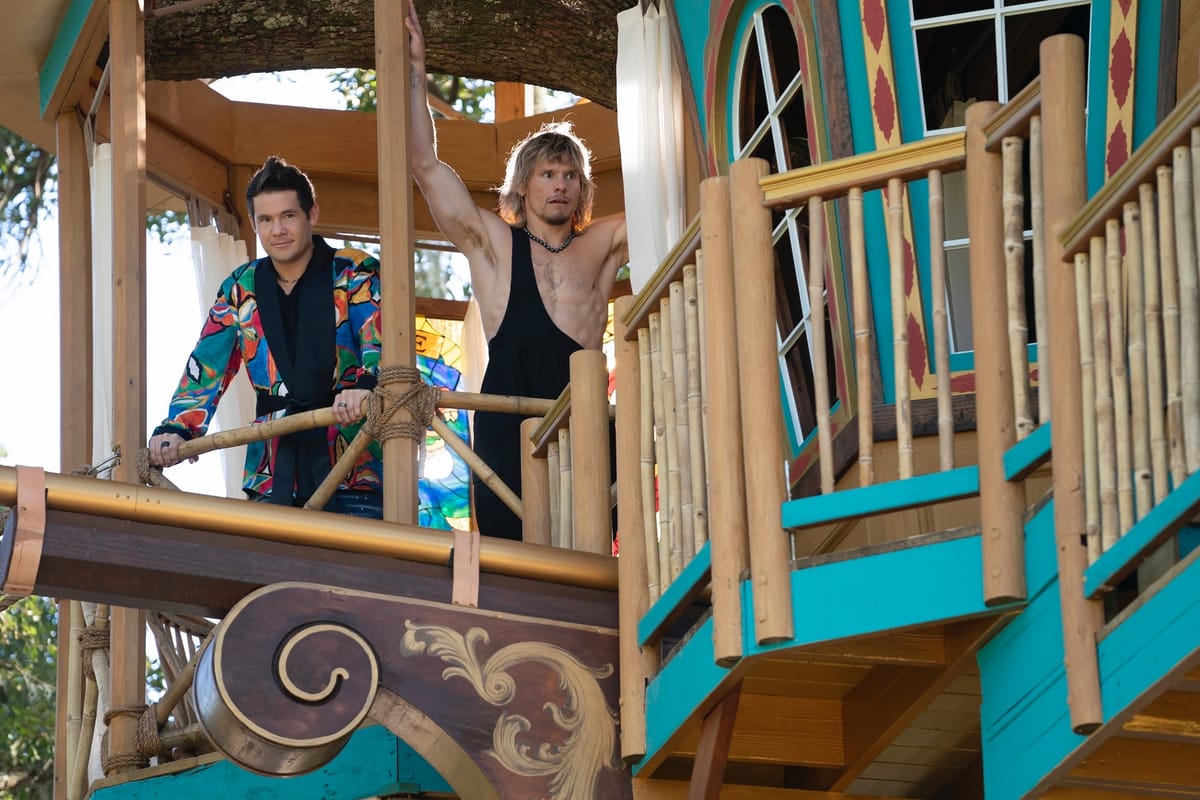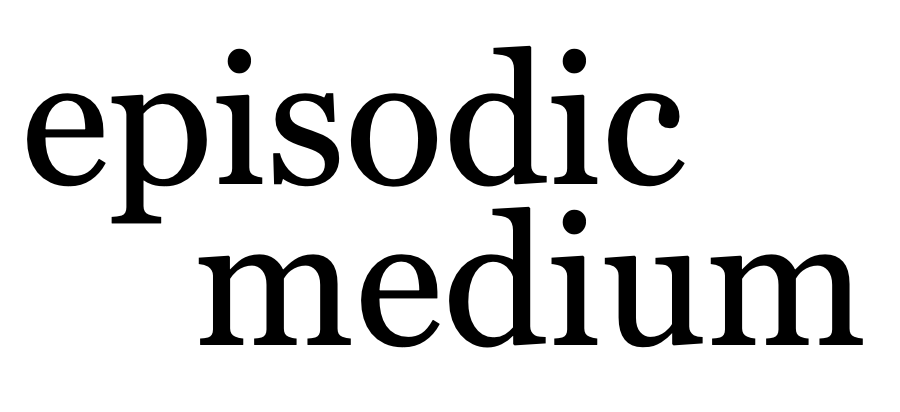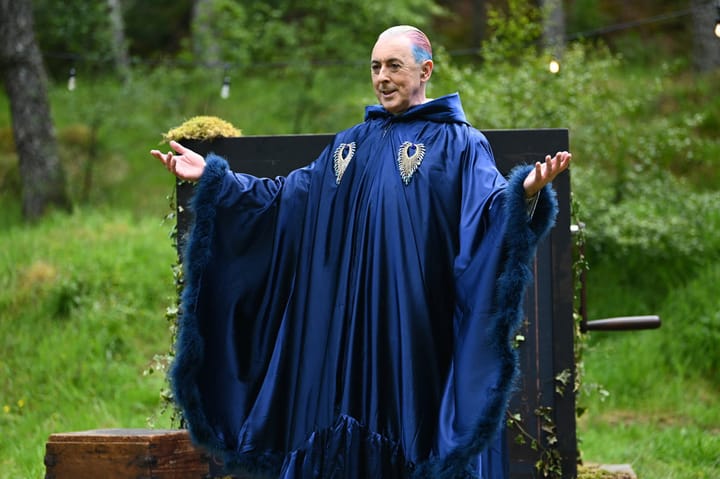Review: The Righteous Gemstones, "That the Man of God May Be Complete" | Season 4, Episode 9
Maybe there's cool parts about church

What is religion good for?
I just wrapped up a class called “In Search of a Healthy Religion.” Eighteen students joined me on a quest to wrestle with the religion we’ve all experienced (as insiders and outsiders, in the past and present) and honestly ask whether it’s possible for religion to contribute to human flourishing—or at the very least, coexist with it. Despite our location in the Bible Belt, the students come to the class with a range of beliefs and experiences: from evangelicals to atheists, from wanting to bolster their faith to wanting to deconstruct it, from loving their church experiences to dealing with trauma from them. All semester they committed to listening to each other, seriously seeking the possibility that whatever each of us ended up believing, there was a way to believe it constructively rather than destructively. Our search left the question of credibility—can I hold this to be true?—to the honest reckoning of each individual. Instead, our discussions focused on the fruits of these beliefs in the lives of those around us, and how we’ve been affected.
The Righteous Gemstones has flooded the zone with the unhealthiest side of religion. Exaggerated and caricatured, sure, but undeniably rooted in reality. Hypocrisy. Violence. Grift. Conspicuous consumption. Patriarchy. Homophobia. And every type of relationship dysfunction that these sins produce. So it’s fair to ask whether the message is virulently anti-Christian. Does religion make good people bad, and these bad people worse? If so—and this is a perspective I insist on exploring with my students—shouldn’t we conclude that no one can have a healthy religion?



